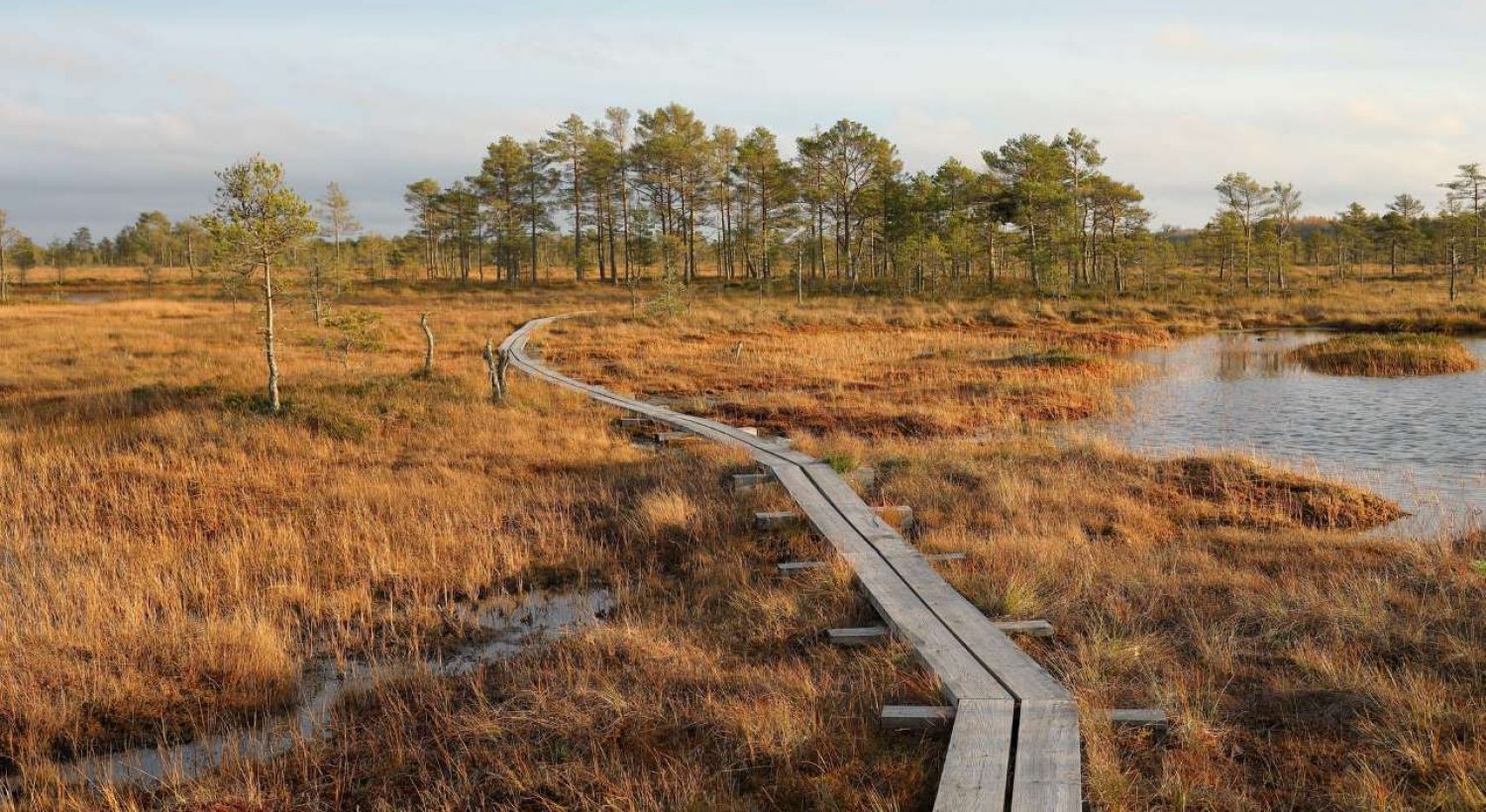Just Transition Plan for West Kildare
Ensuring all communities benefit from the low carbon transition

West Kildare presents unique challenges in the Republic of Ireland's low carbon transition.
Since the 1940s, West Kildare has had a distinct reliance on carbon intensive industries.
National government’s commitment to halve greenhouse gas emissions by 2030 resulted in the closure of peat harvesting industries and two power stations in the region. As major employers, these closures have resulted in significant job losses and far-reaching socio-economic impacts for local communities.
Kildare County Council commissioned Urban Foresight to review the potential to diversify the economy of the region and benefit from low carbon opportunities. It also requested a framework of social and economic interventions to ensure that all communities were adequately supported in making this transition.
Solving the challenge
The concept of ‘just transitions’ broadens the debate on low carbon from technical questions on energy system transformation to the social justice implications of these changes. It advocates that the substantial benefits of the shift to a low carbon economy are widely shared and that those who stand to be negatively impacted are supported.
Urban Foresight developed a Just Transition Plan to prioritise necessary social and economic interventions. It seeks to stimulate skills development, employment, build community cohesion, and increase resilience across West Kildare.
Urban Foresight adopted an inclusive and collaborative approach to stakeholder engagement. This facilitated the co-creation of recommendations with partners from public, private, and third sector organisations across the region.
Key outcomes
Our final report established a shared vision for a just transition that works for all communities in the region.
Recommended actions considered the role of different stakeholders. This included businesses, communities, Kildare County Council, and other public bodies.
This was underpinned by a comprehensive evidence base. It cited relevant policy and profiled socio-economic indicators to guide the just transition and diversification of the economy. It also provided insights on the strengths, limitations, opportunities, and risks facing different parts of the region.
We developed a ‘just transition index’ to summarise the key analytical findings. We also created a bespoke prioritisation tool for the council to direct future investments and actions.
In culmination, the Just Transition Plan set out opportunities for a new model of economic sustainability which harnessed the region’s assets and potential. It also established an inclusive approach to community driven development to build shared prosperity.
Image credit: Maksim Shutov

![cyberessentials_certification mark_colour [12] cyberessentials_certification mark_colour [12]](https://urbanforesight.org/wp-content/uploads/elementor/thumbs/cyberessentials_certification-mark_colour-12-pnvwipr8zh5rhqz25vzzioz2x8t2zltvu0gwqv4000.png)
